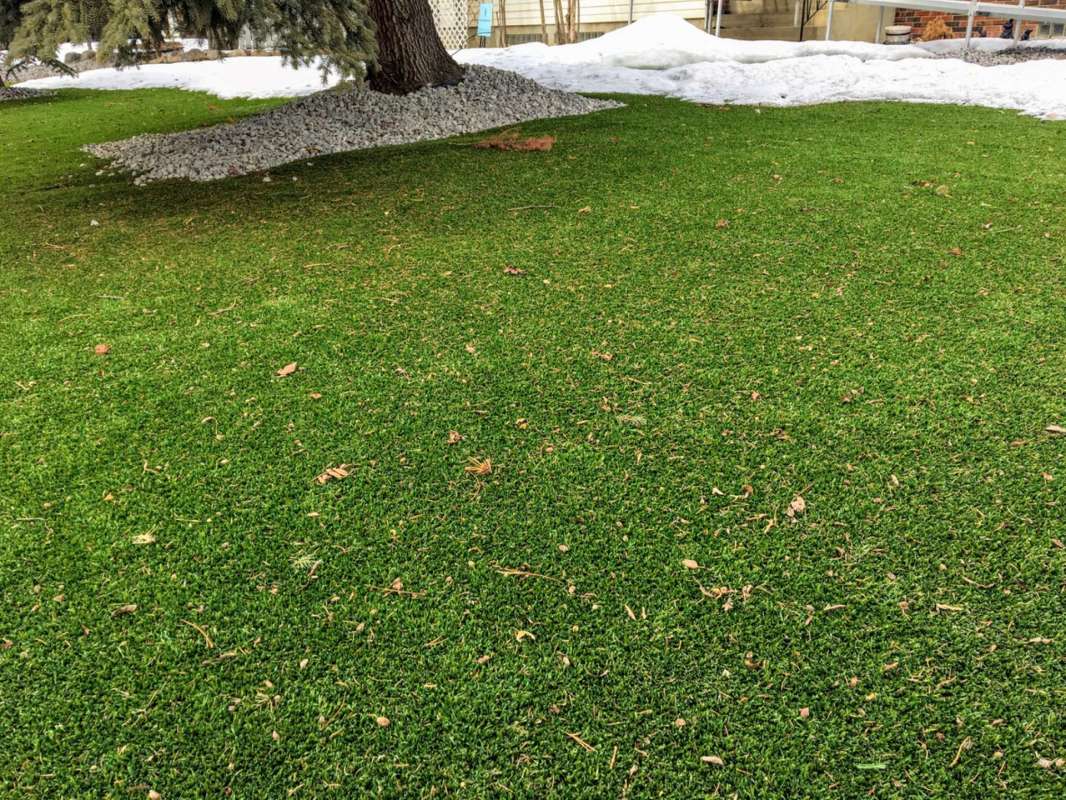The Millbrae City Council in California has unanimously implemented measures to stop residents from installing artificial turf.
The move continues a temporary restriction on new installations set in place in a 2021 moratorium.
Millbrae City Council passed an ordinance that bans the installment of artificial turf and synthetic grass and mandates proper maintenance of existing turf if it was installed legally. https://t.co/jqnBof7zHi
— San Mateo Daily Journal (@smdailyjournal) October 30, 2023
With water conservation required state-wide in hot and dry periods, a lack of watering leads to lawns becoming brown and soil turning to dust, making for an undesirable appearance and increasing the risk of respiratory health problems.
Synthetic grass was seen as a handy solution in an area where drought conditions are becoming more severe and lasting for an increasingly long time — with global heating a key driver of this extreme weather — but the material's negative environmental impacts have become more apparent in recent years.
Many examples of this product contain "forever chemicals," which don't break down naturally and have been linked to some forms of cancer, liver problems, and high cholesterol, according to CleanWater.org.
"We're concerned about the health and safety of synthetic materials," Andy Mogensen, community development director for the city of Millbrae, told The Daily Journal. "There's plastics, nylon, different kinds of materials in there. And we are concerned with its impact on our stormwater, aquatic life and things of that nature."
Indeed, these chemicals and harmful materials, like microplastics, can enter water supplies after flooding because of water runoff into sewage networks.
On properties that already have artificial turf installed, the draft ordinance is calling for the fake grass to be replaced by January 1, 2028.
Some council members have suggested that this deadline will place an unnecessary and costly burden on residents to comply, but there are solutions for a low-maintenance, low-water lawn.
Plants native to California should be more hardy in drought conditions, while clover lawns are also drought-tolerant and require little water — with the additional benefit that they require less mowing than other grass types.
The state of California as a whole is looking to ban synthetic grass, with Democrats looking to pass a bill that would discourage the take-up of this once-touted lawn solution.
"I strongly believe that there will be legislation coming down federally and state wise that holds cities accountable for microplastics entering waterways because it's entering into our food system," said Mayor Ann Schneider. "And then these highly carcinogenic — full of PFAS, or forever chemicals — are getting into our food supply, so it's a ticking time bomb."
Join our free newsletter for easy tips to save more, waste less, and help yourself while helping the planet.









